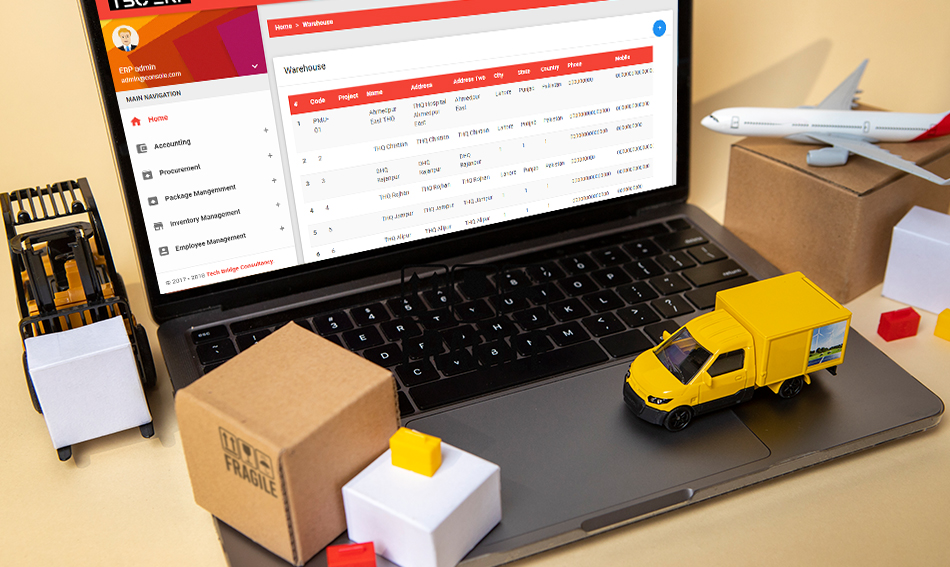
Benefits of ERP solutions for export and import
In today’s dynamic global market, businesses engaged in export and import activities face a myriad of challenges. From intricate supply chain management to compliance with diverse international regulations, the complexities are ever-growing. Enter Enterprise Resource Planning (ERP) solutions, robust systems designed to streamline and optimise business processes. In the realm of export and import, an ERP solution for export and import becomes a strategic ally, offering a comprehensive approach to tackle the unique demands of cross-border trade.
1- Enhance Visibility
One of the primary benefits of integrating an ERP solution into export and import operations is enhanced visibility across the entire supply chain. This transparency allows businesses to track the movement of goods in real-time, from the manufacturing floor to the final destination. By having a centralized system that consolidates data on inventory levels, shipping schedules, and customs compliance, organizations can make informed decisions promptly, reducing delays and improving overall efficiency.
2- Compliance
Compliance with international regulations is a critical aspect of cross-border trade. ERP systems tailored for export and import operations are equipped with features to ensure adherence to diverse legal frameworks. This includes managing documentation requirements, tariff classifications, and staying up-to-date with the latest trade regulations. Automating these compliance processes not only reduces the risk of errors but also helps in avoiding costly penalties that may arise due to non-compliance.
3-Inventory Management
ERP solutions play a pivotal role in optimising inventory management. For businesses involved in export and import, maintaining optimal inventory levels is crucial to meet customer demand and minimise carrying costs. An ERP system provides real-time insights into stock levels, helping organisations avoid stock outs or overstock situations. This results in improved order fulfillment, increased customer satisfaction, and a more agile response to market fluctuations.
4-Invoicing and financial management
These operations are streamlined through ERP solutions, providing accurate and timely billing for international transactions. Automated invoicing systems integrated with export and import ERP modules help in generating invoices that comply with international standards. This not only accelerates the payment cycle but also minimises discrepancies that may arise due to manual errors in invoicing.
5-Collaboration and communication
They both are also enhanced through ERP solutions, as they facilitate seamless interaction between different departments within an organisation. This is particularly beneficial for export and import businesses where coordination between procurement, logistics, and finance teams is essential. Real-time data sharing and communication tools integrated into ERP systems foster collaboration and ensure that everyone is on the same page, leading to smoother operations.
Conclusion
In conclusion, ERP solutions for export and import operations serve as a cornerstone for businesses aiming to thrive in the global marketplace. The benefits are vast, from optimising supply chain visibility to ensuring regulatory compliance and facilitating efficient communication. As the landscape of international trade continues to evolve, organisations that leverage ERP solutions find themselves better equipped to navigate the complexities, drive operational excellence, and capitalise on opportunities for growth.
